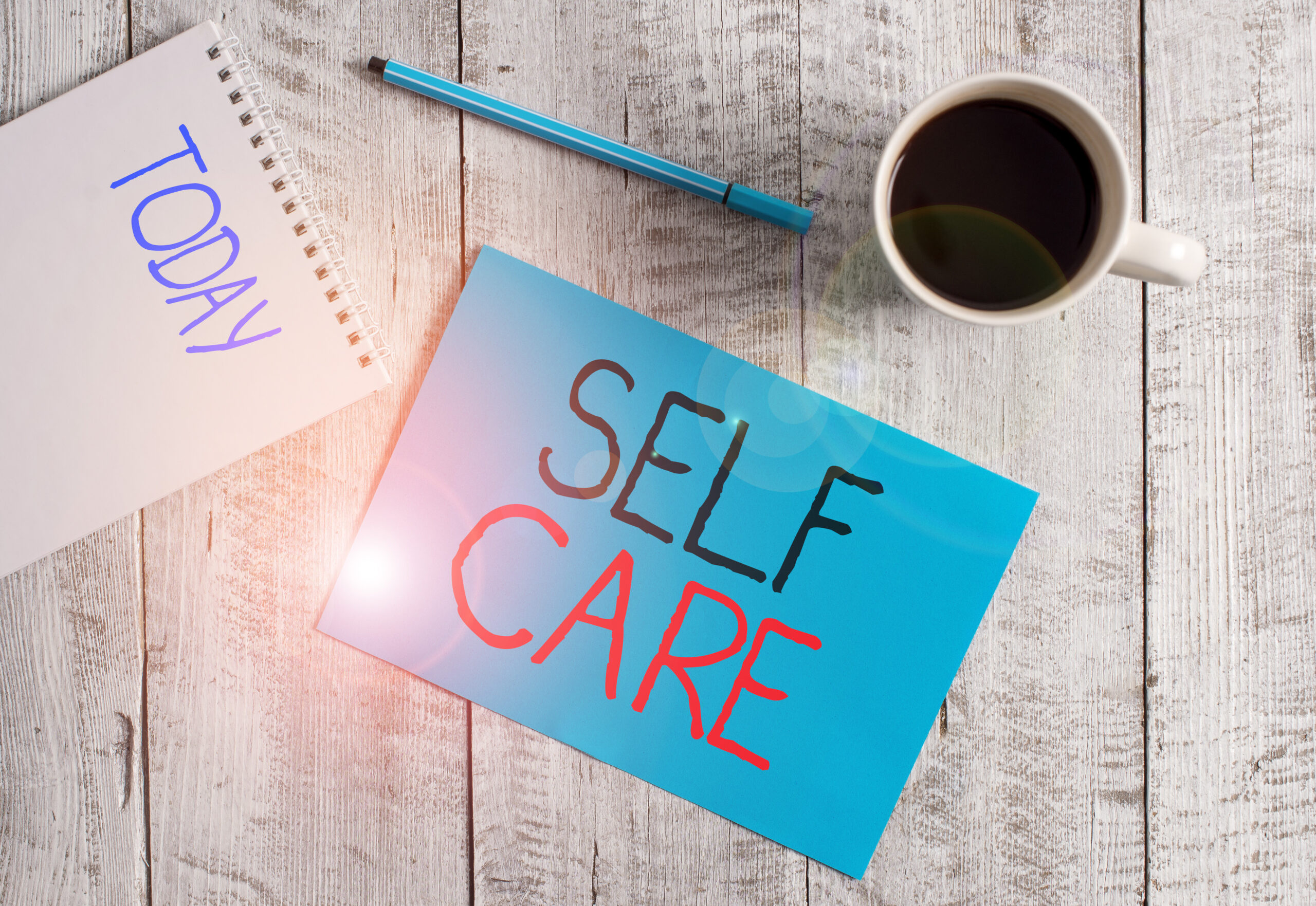By Michael, National Meeting Liaison & Online Training Team Member
The dedication and passion of our volunteers in supporting individuals on their recovery journey are truly commendable. However, we understand that this rewarding role can sometimes take a toll on your own well-being. That’s why we want to have an open and supportive conversation about dealing with burnout.
Understanding Burnout
First, let’s take a moment to acknowledge that burnout is entirely normal, and it doesn’t diminish the incredible work you do. In fact, your lived experience in recovery allows you to connect with participants in a unique and powerful way. Burnout can happen when you’ve been giving so much of yourself to help others that you forget to take care of your own needs.
I recently talked to Lisa (pseudonym), a passionate volunteer like you. She noticed that she was feeling emotionally drained after every meeting, and her enthusiasm was waning. Instead of pushing herself further, Lisa decided to talk openly with her fellow facilitators. They shared their own experiences and gave her some valuable advice. Lisa realized that she needed to set boundaries on the number of commitments she took on. By doing so, she rediscovered her energy and passion for her role, making her an even more effective facilitator.
Reflecting on Burnout
Let’s do a little reflection together. Consider these questions to help you examine your feelings and experiences:
- How do you feel about your role as a peer facilitator lately, and what aspects of it bring you the most fulfillment and satisfaction?
- Are there days when you feel emotionally drained after a meeting, and how do you tap into your inner strengths to bounce back from these moments?
- Have you noticed any changes in your enthusiasm or engagement, and what are some strategies you can use to reignite your passion for facilitating?
- In the midst of your busy schedule, how do you prioritize self-care, and what small steps can you take to ensure you are nurturing your well-being?
Embracing Self-Compassion
It’s essential to show yourself some love and compassion. Just like the participants you support, you also deserve kindness and understanding. Remember, it’s okay to take breaks and seek support when needed. Your well-being is vital in your ability to help others.
Setting Boundaries
Boundaries are like protective shields that safeguard your emotional, mental, and physical energy. Establishing healthy boundaries is not only okay but necessary. Consider these questions as you think about your boundaries:
- Do you find it hard to say no when someone asks for extra help? What are some strengths and assertiveness skills you can draw upon to set boundaries and manage your commitments effectively?
- Are there specific aspects of the facilitator role that drain you the most, and how can you leverage your strengths and resources to address or mitigate these challenges?
- How can you create space for yourself without feeling guilty, and what empowering strategies can you employ to prioritize self-care and rejuvenation?
Strategies for Self-Renewal
Reignite that spark and recharge your energy with these strategies:
- Take a few minutes each day to be present, breathe deeply, and find peace in the moment. Mindfulness can be a powerful tool for reducing stress and finding balance.
- Talk to other peer facilitators about their experiences. Share your challenges and successes. Remember, you are not alone in this journey!
- Just like you encourage participants to care for themselves, make sure you’re doing the same. Engage in activities that bring you joy and relaxation.
Engage in SMART Recovery Training Opportunities
For those seeking to strengthen their facilitation skills and self-awareness, watch your email for ongoing refresher courses and other opportunities to come together. Besides being with fellow facilitators, the training also offers an opportunity to strengthen facilitator skills and self-awareness. Continued education can enhance your abilities and help manage burnout more effectively.
Practice Regular Check-ins
Engage in self-assessment to monitor your emotional well-being and stress levels. Remember to regularly check in with yourself and fellow facilitators. Connect with other facilitators in your area or attend one of the four SMM meetings each week. There are also the S4V 4-Point SMART Recovery meetings that provide a confidential venue for our active volunteers to support their personal recovery goals. You can find all of these and other volunteer support meetings here.
“I’ve been there, feeling burnt out and wondering if I could keep going. But connecting with other facilitators and setting boundaries made a huge difference in rejuvenating my passion.” – John, SMART Recovery Facilitator
Remember Your Impact in SMART Recovery
Celebrate the positive impact that SMART Recovery meetings have on the lives of participants and the wider community in living a life beyond addiction. Your work is making a difference!
Join the Conversation
We invite you to share your thoughts, experiences, and additional strategies for dealing with burnout in the comments section. Let’s foster a culture of empathy, understanding, and mutual support.
You are the heart and soul of SMART Recovery meetings. Embrace your burnout as a sign of your dedication and compassion. Through self-reflection, setting boundaries, and renewing your energy, you’ll continue to shine brightly and inspire positive change in the lives of others. Take care of yourself and keep doing the fantastic work you do! 💪🌟


Yes, I understand the burn out from being a SMART Facilitator. One thing that I have experienced is that people don’t understand the work that goes into the meetings. Everything from chair set ups, running the meeting, clean up/putting chairs away, and never getting a break. I find that I have difficulty not having “commitments” in the meetings like the Twelve-Step Programs. I am trying to find the right balance and perhaps asking for others to jump in and volunteer with commitments.
Agree that running meetings and supporting folks, especially at the end of a work day, is difficult. Self care is the key.